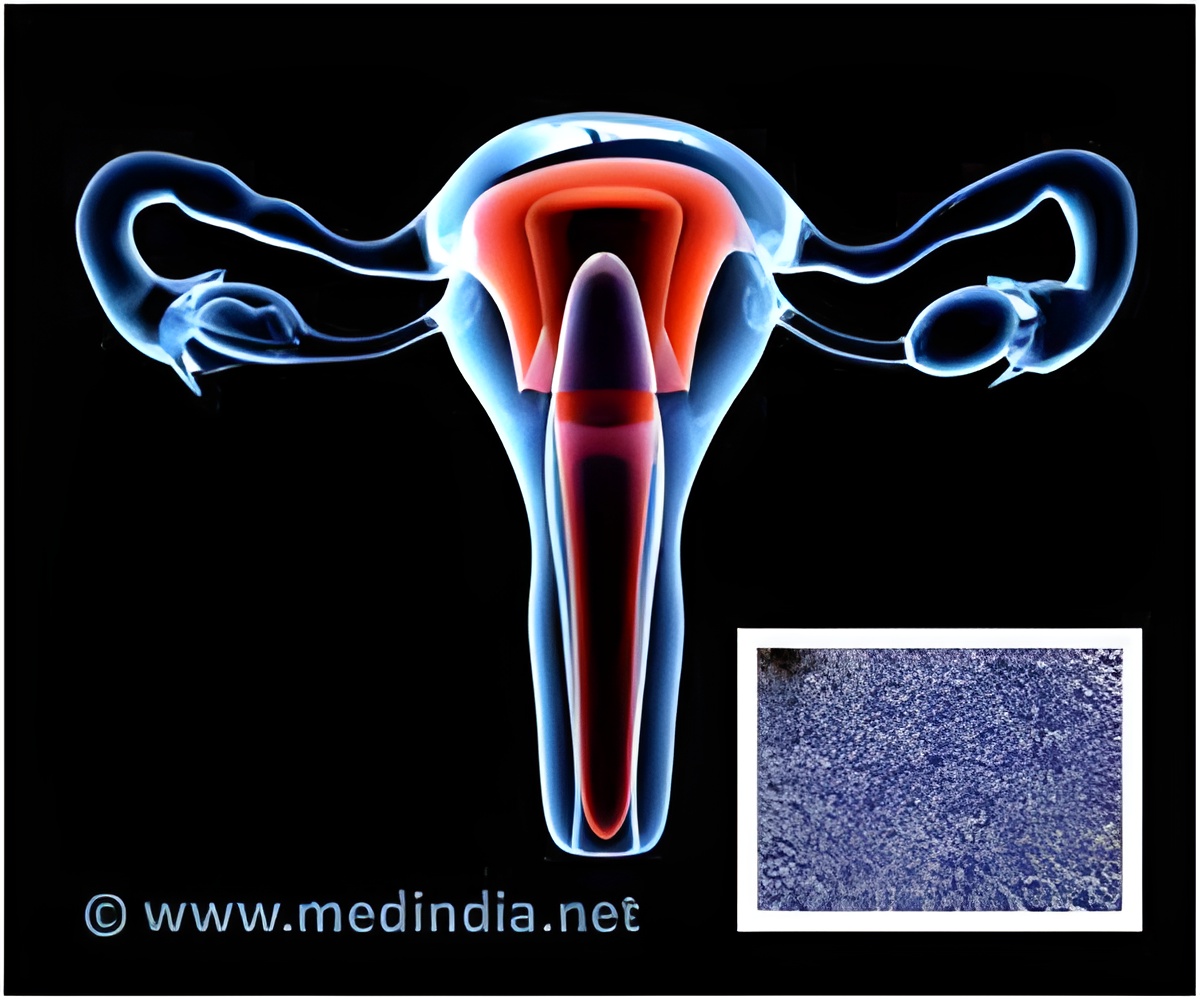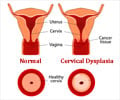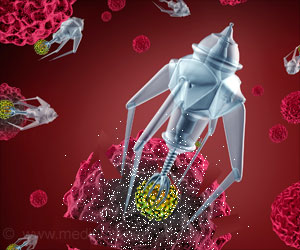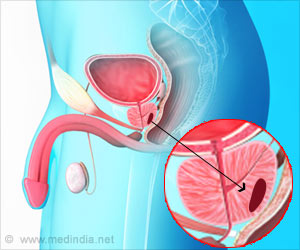
‘In cervical cancer, the gene PACS-1 can be used as a diagnostic marker to determine if the cancer cells will respond to treatment. Treatment options which inhibit PACS-1 can be developed.’
Read More..Tweet it Now
In the United States, 9-valent HPV vaccine is approved to reduce the risk of cervical cancer. Read More..
Cervical cancer is the second leading cause of cancer-related death in women from developing countries and it is also the third most common cancer in women worldwide.
To determine how a patient would respond to the standard treatment of chemotherapy and radiation, the researchers at UCLA have identified a potential diagnostic marker.
Cervical Cancer-New Diagnostic Marker
PACS-1 is a gene on chromosome 11 that is overexpressed in cancer tissues resulting in cancer growth and spread. During normal cell growth, there is translocation of the PACS-1 protein from outside to inside the cell nucleus. This plays a role in the development of cervical cancer that is resistant to radiation and chemotherapy.
Advertisement
Using the western blot/western blotting technique for detecting specific protein molecules from a mixture of different proteins on cervical tumors and healthy cervical tissue, the researchers found an overexpression of PACS-1 in the tumor tissues. By using another technique they were able to determine if the overexpression of PACS-1 protein was associated with resistance to chemotherapy.
Advertisement
Source-Medindia















